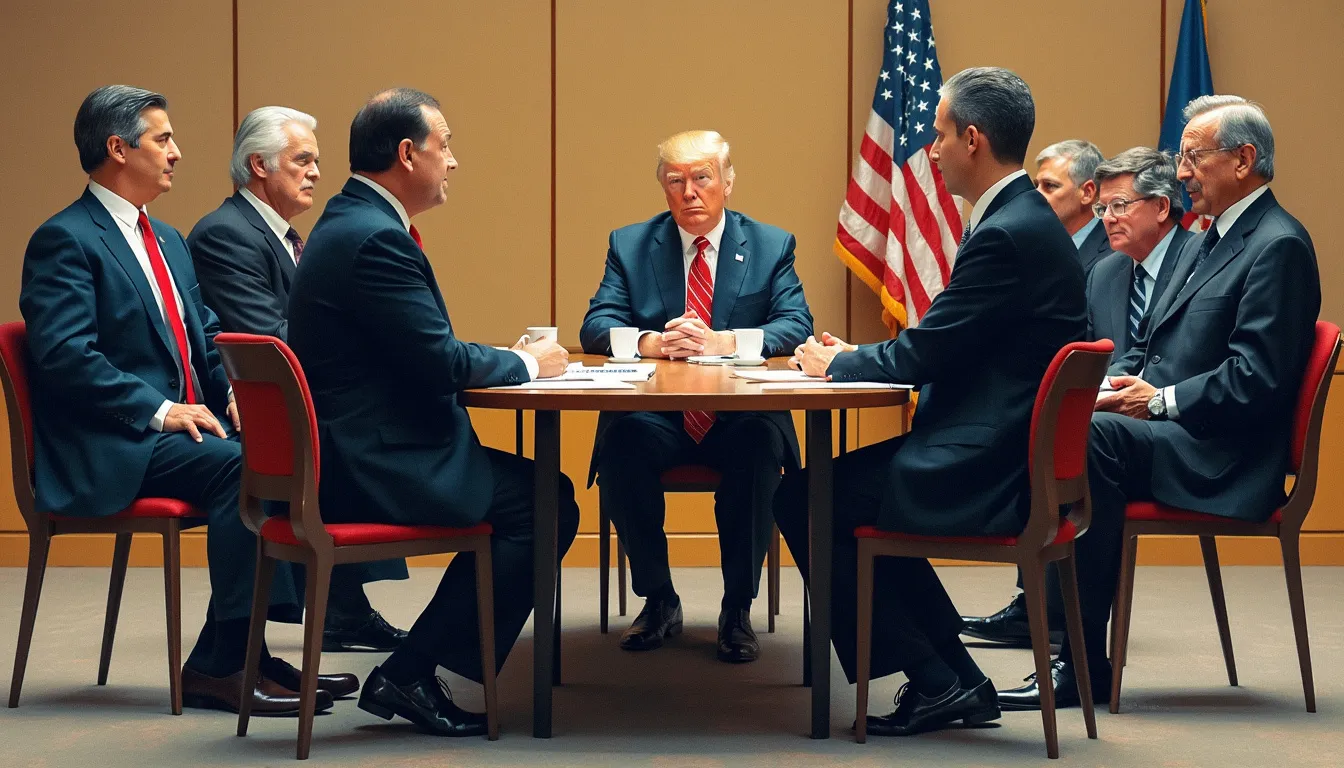
House Committee Testifies About the Threat of Terrorists in the US
In a recent session held by the House Intelligence Committee, serious concerns were raised regarding the potential threats posed by individuals entering the United States without proper vetting. The alarming testimony from committee members, including Rep. Mike Turner, spotlighted the risks associated with individuals suspected of having ties to terrorist organizations, particularly ISIS, crossing the southern border.
Threats from Unvetted Individuals
The ongoing discussions around terrorism have sharpened focus on the vulnerabilities linked to the current vetting process for immigrants and refugees. Rep. Turner emphasized that lapses in screening procedures increase the risk of allowing individuals with possible terrorist affiliations to enter the country, thereby endangering national security.
Border Security and Vetting Process
The inadequacies of the administration’s vetting process have come under fire during these hearings. Critics argue that systemic flaws enable unvetted individuals to gain access to the U.S., compromising the safety of the American public. The lack of robust background checks has become a critical point of contention among lawmakers who demand urgent reforms.
Congressional Oversight and Hearings
The importance of Congressional oversight remains a key theme in combating terrorism. Public hearings involving intelligence agencies such as the CIA, FBI, and the National Counterterrorism Center have been instrumental in fostering a deeper understanding of current threats. These sessions not only allow lawmakers to scrutinize existing policies but also to push for enhancements that can mitigate risks associated with terrorism.
Partisan Issues and Committee Composition
However, the hearings have not been without their challenges. Partisan tensions within the House Intelligence Committee have surfaced, particularly following the appointments of members like Scott Perry and Dr. Ronnie Jackson. Concerns have been raised about how their political ideologies could influence the committee’s effectiveness and objectivity in handling sensitive national security matters.
Civil Liberties and Security Balance
As discussions surrounding national security persist, the delicate balance between civil liberties and security measures has garnered attention. Lawmakers and experts emphasize the necessity for strong legislation that not only protects citizens’ rights but also addresses the security needs of the nation—a dual focus that is critical for comprehensive policy development.
Public Discourse and Transparency
Finally, the call for increased transparency regarding terrorist threats has become a focal point in public discourse. Many committee members advocate for the declassification of relevant information to enhance public awareness and understanding of the risks faced by the U.S. This transparency is deemed essential for fostering an informed citizenry and addressing the security concerns more effectively.
As the hearings progress, the overarching narrative remains clear: the safety of the American public hinges not only on robust security measures but also on a system that respects civil liberties and promotes transparency in governance.
